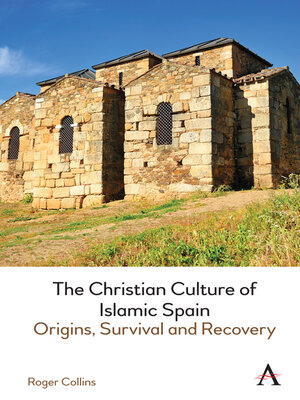
Sign up to save your library
With an OverDrive account, you can save your favorite libraries for at-a-glance information about availability. Find out more about OverDrive accounts.
Find this title in Libby, the library reading app by OverDrive.



Search for a digital library with this title
Title found at these libraries:
| Library Name | Distance |
|---|---|
| Loading... |
Why did Christianity, which was entrenched in the Iberian Peninsula as the religion of the majority of the population at the time of the Arab conquest of 711, fail to survive under Islamic rule, while other Christian communities of similar antiquity still exist today in most parts of the Near East? It has been argued that the hold of Christianity was weaker than claimed, not only in Spain but also in North Africa, where its history follows a similar path, leading to complete disappearance in the twelfth century. The Christian Culture of Islamic Spain will suggest, from the textual and archaeological evidence, that the Christianity of the Iberian Peninsula at the time of the conquest was indeed deeply rooted, and also distinctive in its character and practices. Its hold remained strong in both town and country, despite claims to the contrary, for several centuries more, and the Christians may still have constituted the largest religious grouping of the population of al-Andalus (Muslim-ruled Spain) at least as late as the eleventh century. What happened next, and how knowledge of their distinctive culture was revived are covered as well.







